Woman Makes SIL Cry With A Reality Check: “Being A Stay-At-Home Mom Doesn’t Mean Being A Stay-In-Bed Mom”
22 hours ago
Being a new mom can be incredibly exhausting. Your body is still recovering, your hormones are all over the place, and on top of that, you’re expected to handle sleepless nights, care for your baby, manage the house, and somehow take care of yourself too. It’s a lot for anyone.
But one Redditor wasn’t too pleased with how her sister-in-law was handling things five months after giving birth. Knowing her brother worked full-time, she didn’t like finding the house messy while he cooked and she rested. So, she confronted her directly, saying she shouldn’t be a “stay-in-bed mom.”
Later, she turned to the internet to ask if she was being too harsh. Read the full story and the reactions below.
The woman thought her sister-in-law was spending too much time resting five months after having her babyImage credits: Hollie Santos / Unsplash (not the actual photo)
So, she decided to call her out, but it didn’t quite go the way she expectedImage credits: freepik (not the actual photo)
Image credits: goffkein / freepik (not the actual photo)
Image credits: builtfordrama
Many new moms feel lonely and unsupported after giving birthWhile exhaustion is expected when becoming a parent, it’s often hard to truly understand its depth unless you’ve lived through it yourself.
For someone like the author of the story above, seeing their sister-in-law still resting a lot five months after giving birth seemed strange. But in reality, even after nearly half a year with a baby, many new parents are still adjusting—physically, mentally, and emotionally.
One Australian study that tracked the sleep quality of 33 mothers in the first few months after childbirth found that participants showed medically significant levels of sleepiness, even after four months.
Other research paints the same picture: moms are really struggling out there. One survey found that 42% of mothers don’t receive enough support, 62% find it difficult to express their needs, especially emotional ones, and 8 in 10 get less than an hour of personal time per day.
A study by the British Red Cross revealed that more than eight in ten mothers under 30 experienced loneliness at least some of the time, while 43% felt lonely all the time. Another survey showed that 90% of new moms felt lonely since giving birth, with over half saying they had no close friends. The numbers speak for themselves.
Postpartum fatigue runs deep and comes from more than just sleepless nightsAs Diana Spalding, certified nurse-midwife and pediatric nurse, explained in an article for Motherly, postpartum exhaustion shouldn’t be taken lightly—it’s caused by many overlapping factors that stack on top of each other.
She also pointed out that while the postpartum recovery period is technically around six to eight weeks, that timeline only reflects how long it takes the uterus to shrink back to its pre-pregnancy size (a process called involution).
“Pregnancy and birth are arguably the most intense things our bodies ever do,” she says. “Recovery is about way more than a shrunken uterus—it involves every aspect of our physical and mental selves. We have to start looking at our transition to motherhood as a discovery of our new identities, not about bouncing back to some pre-baby version of ourselves.”
There are also plenty of other factors that can make this period even harder. For instance, up to 56% of new mothers are estimated to be anemic, which can cause dizziness, rapid heartbeat, and, of course, fatigue.
On top of that, research shows that when a baby cries, a woman’s brain enters a state of heightened alertness, while a man’s doesn’t respond in quite the same way. That constant vigilance can be completely draining.
And then there’s breastfeeding, which is practically a full-time job on its own. Producing breast milk actually uses more energy than growing the baby did during pregnancy. It burns about 500 calories a day, roughly the same as walking seven miles.
Plus, approximately 10% to 20% of women worldwide experience postpartum depression. Symptoms can include deep sadness, anger, guilt, and hopelessness, along with changes in appetite, sleep, and energy. It can make even daily tasks feel impossible.
When you put all of that together, it’s really no surprise that new moms crave rest and absolutely deserve it. What they need most isn’t judgment, but real support: from partners, friends, family, and healthcare providers. Whether that comes as a nap, a helping hand, or just someone to listen, every bit counts.
Let’s look out for our fellow moms—they’re going through far more than meets the eye.
Readers raised concerns about the mother’s mental health Many felt the author came across as insensitive for confronting her Some, however, felt she was justified in speaking up ...Read the fullstory
It's better on the More. News app
✅ It’s fast
✅ It’s easy to use
✅ It’s free

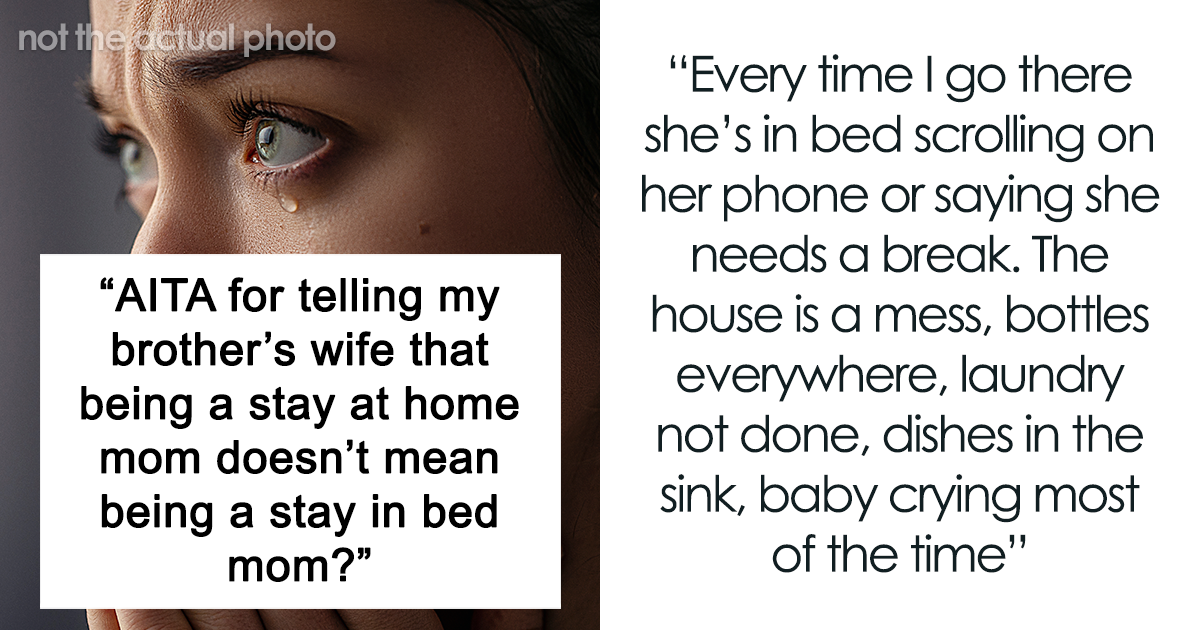
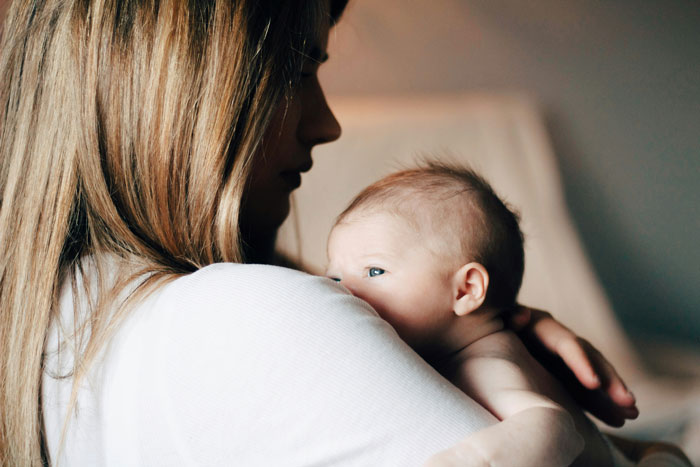

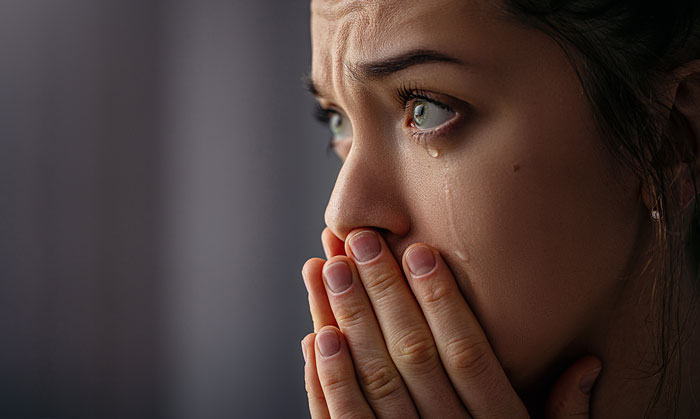

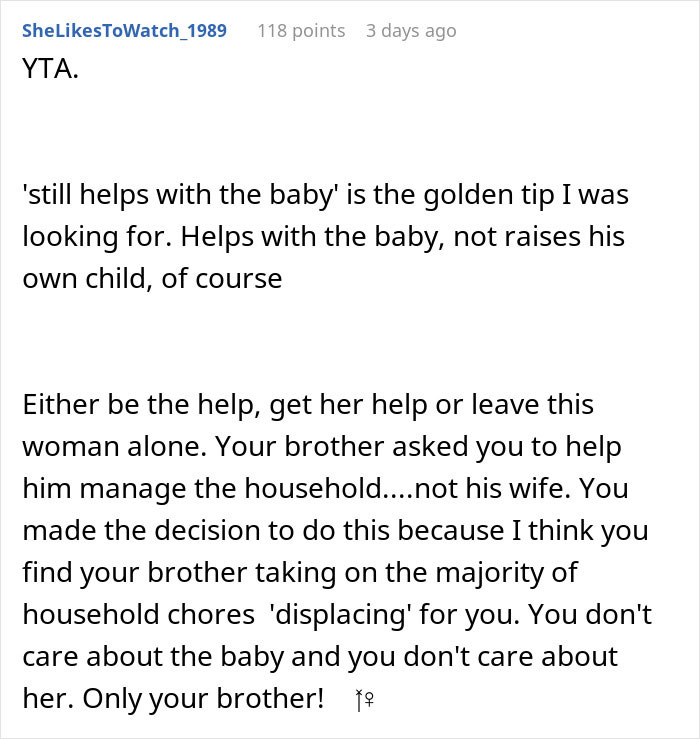
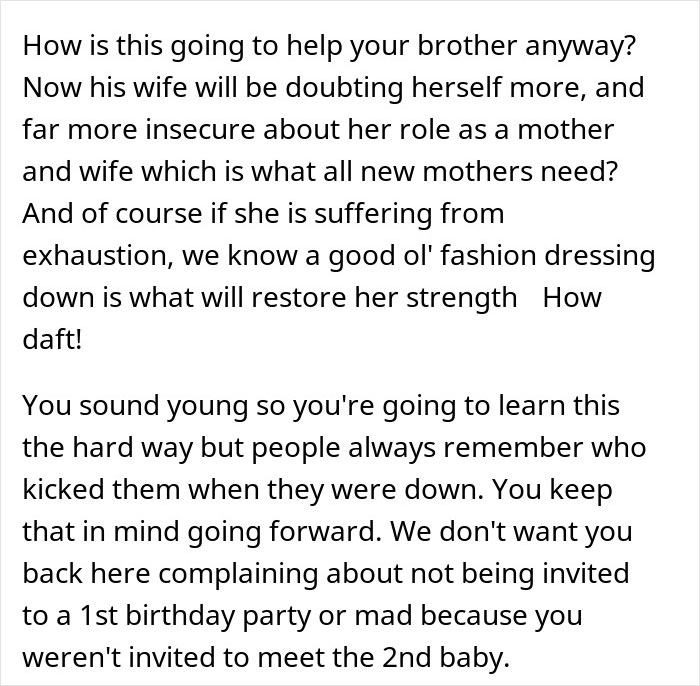







.png)